During an eight-week period in 2022, fathers and co-mothers took an average of 2.5 weeks more parental leave compared to the year before.
The statistic was reported by broadcaster DR and media Finans based on data from Udbetaling Danmark, the agency responsible for processing payments of welfare benefits including for parental leave.
The data also show that mothers took and average of 3.3 weeks less in leave, according to Finans.
A law which came into effect on August 2nd 2022 guarantees each parent 11 weeks of so-called “earmarked” leave with their newborn child. For fathers and co-mothers, this is 9 weeks more than the earmarked leave under the previous rules.
The new rules mean each parent gets 11 weeks of non-transferable parental leave after their child is born. One parent cannot transfer any of the ‘earmarked’ leave to the other, meaning if they do not use the full 11 weeks, they eventually lapse.
Denmark changed its parental leave rules in part to comply with an EU directive requiring member states earmark nine weeks of statutory parental leave for fathers.
READ ALSO: Denmark’s parental leave rules explained
Parents get a total of 48 weeks of leave after their child is born, an amount unchanged from the previous rules.
The new data are the first to be available since the new law took effect and are based on a comparison of an eight-week period from August 2nd and September 23rd in both 2021 and 2022.
“The data basis covers just under eight weeks and we are therefore considering this as an indication of a trend,” head of department for parental leave at Udbetaling Danmark, Marianne Knudsen, told Finans.
“Data become more valid as the amount of time increases which means that the initial trend can both become stronger or weaker or markedly change overall,” she said.
An earlier analysis from the Danish Society of Engineers (IDA), released in March, showed a similar trend to that evident from Udbetaling Danmark.
The IDA study found fathers took 13.6 weeks of leave compared to 9.5 weeks in average under the former rules. Women took 4.5 weeks less on average.
In March 2022, when parliament adopted the new parental leave law, then-minister for employment Peter Hummelgaard said its objective was to help babies to form strong bonds with both parents.
“It is a very positive day for Denmark now that parental leave will be divided evenly between parents. That will benefit mums, dads and especially children,” Hummelgaard said at the time.

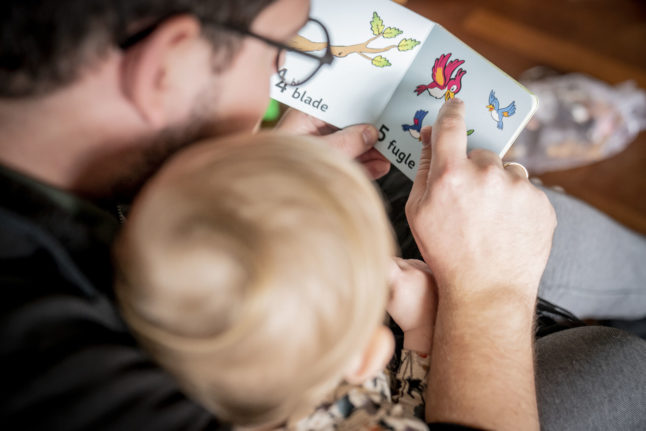
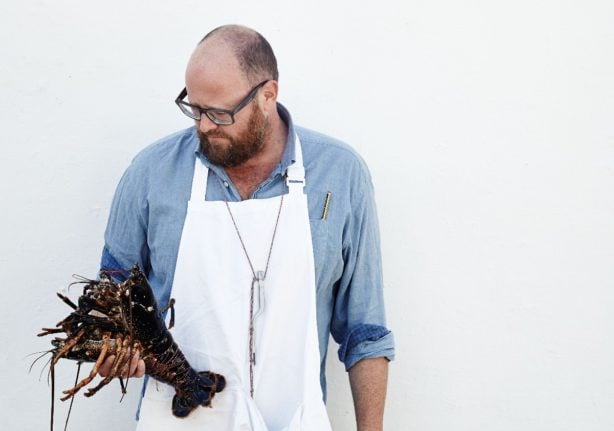
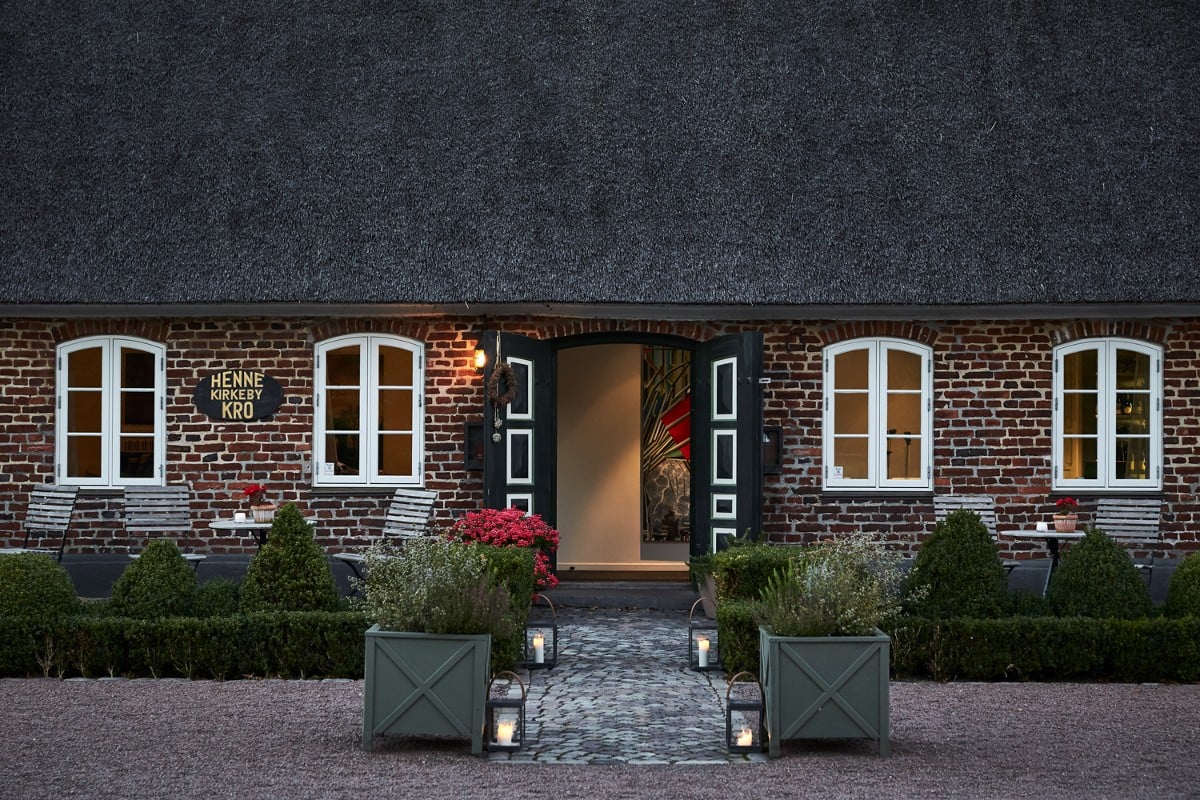

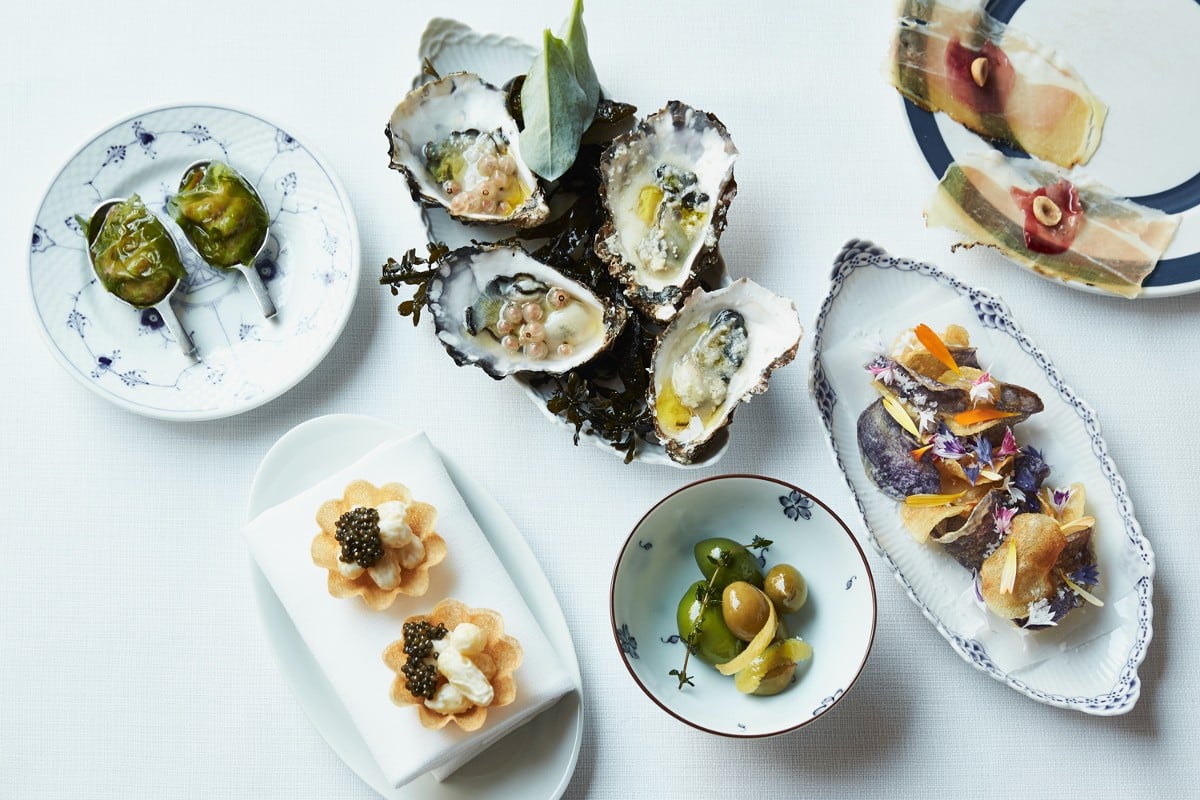
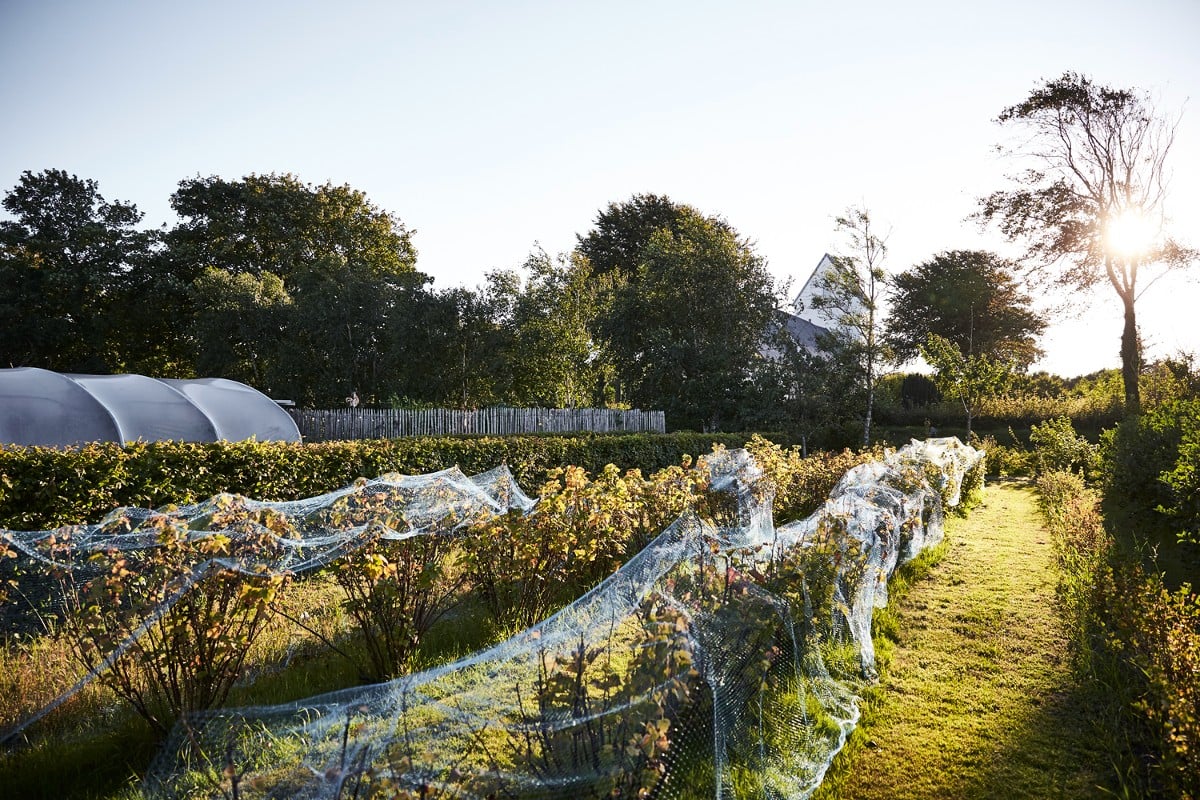
 Please whitelist us to continue reading.
Please whitelist us to continue reading.
Member comments